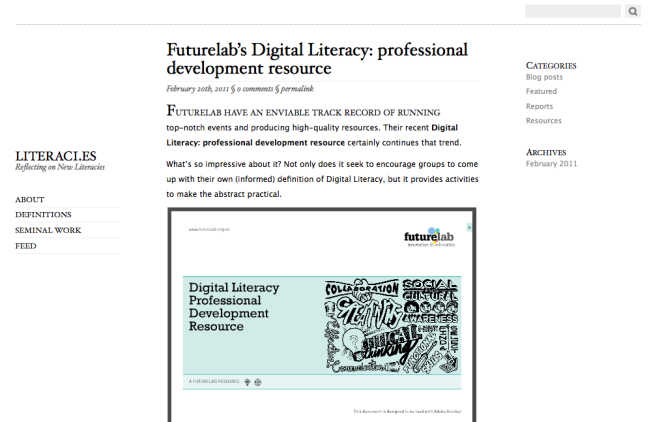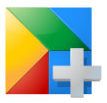Today I’m presenting on the benefits of Google Apps as a collaborative platform for people who work together often, but aren’t physically co-located. It’s not easy to separate fact from myth when comparing Microsoft’s hosted services (e.g. Live@Edu, Office Live) with Google Apps.
Microsoft have, very helpfully, concocted a Fact Based Comparison of Hosted Services (16 May 2010). Unfortunately, it’s rather selective with those facts. Most of them revolve around ‘can you do the same stuff with Google Apps as you can with Microsoft Outlook?’ That’s a flawed question for two reasons:
- You don’t necessarily want to do the same things with Google Apps.
- You can use Outlook to connect to Google Apps anyway.
To me, after reading several articles (available at my Delicious account) the choice seems to be between:
- Cloud storage (Microsoft Live@Edu/Office Live)
- Cloud collaboration (Google Apps)
Whilst Microsoft’s offerings allow near real-time collaboration with Excel and OneNote, pages are locked for editing if someone else is using a Word document or PowerPoint presentation. By way of comparison, you can collaborate and edit all of Google Docs’ offerings in real-time.
Lifehacker, a website I’ve used for the last few years, published How Does Office Web Apps Compare to Google Docs? on 16 June 2010. I quote Kevin Purdy, the author of the article:
In terms of real-time collaboration, Google wins hands-down, because Office offers none.
And again:
Google’s Docs offerings have been on the market a good four years now, so they’ve had more time to learn what users want and need in an online suite. It shows in the design and function of Docs for day-to-day users.
I toyed with the idea of producing a point-by-point checklist here to compare Microsoft and Google’s offerings, but I don’t really think there’s any need. It’s a question of attitude and focus. For example, Microsoft drags its heels insisting on Silverlight installation whilst Google looks to the future with HTML5, an emerging web standard.
So, if you always use the same device, deal in only Microsoft-produced documents and are convinced Outlook is God’s gift to email users, then you’ll love Live@Edu and Office Live.
But if, on the other hand, you like to be able to get various kinds of documents in and out of your systems easily, if you need to collaborate (in real-time) with colleagues not physically co-located, and if you want to be able to access everything on whatever device and browser you prefer using, then you’ll love Google Apps.
You can probably tell by the tone of this article which one I prefer. And I make no apology for that. Rome was not built on ‘functional specifications’ but on passion, enthusiasm and dedication. :-p


